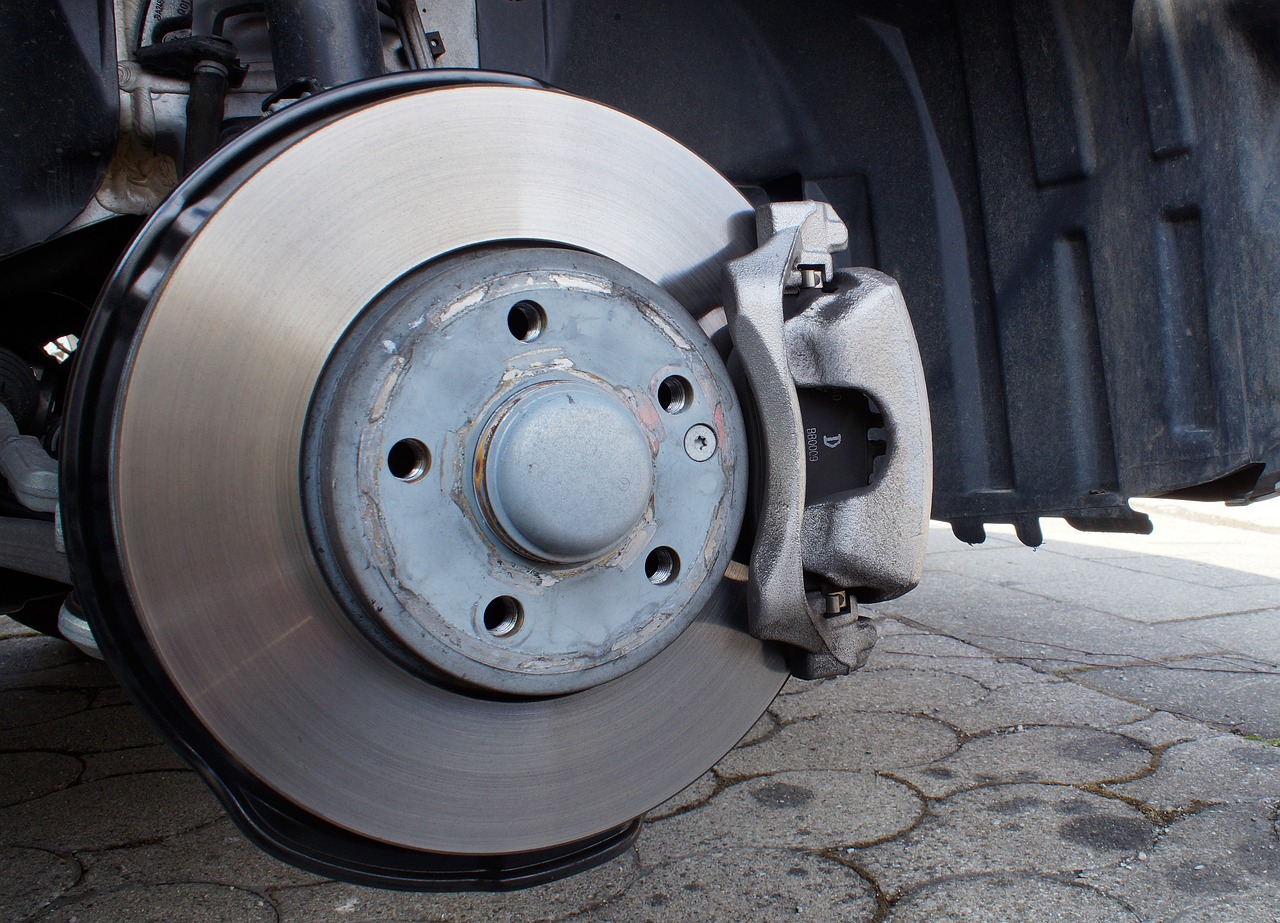
The braking system of your Lincoln is a fundamental safety feature, and to ensure you and your passengers stay safe, it’s vital to recognize the signs that your Lincoln may need a brake repair. Make sure you’re familiar with common signs of brake problems, so you know when to head to the Lincoln dealer for proactive help that will keep little issues from becoming big problems.
Unusual Sounds
Squealing or screeching noises often indicate worn brake pads, and this is the most common sign you’ll have. A grinding sound might suggest the brake pads are completely worn down, potentially damaging the brake rotors.
Sometimes squealing is just due to dirty brake pads from driving in grimy conditions, especially if you know you had the brake pads replaced recently. A quick cleaning of the brakes by your dealer can fix things up: a cheap fix. But brakes are so important, it’s always worth checking out.
Vibrations or Pulsations
If you feel a vibration or pulsation in the brake pedal when you apply the brakes, it may suggest an issue with the brake system. Warped rotors, often caused by severe or prolonged braking, can lead to these symptoms.
Brake Warning Light
You have a brake warning light on the dashboard, and if it illuminates, it’s a clear signal that your vehicle’s braking system needs to be inspected. The issue could be as simple as low brake fluid or as serious as a failure in the brake’s hydraulic system.
Reduced Responsiveness or Brake Fade
If your Lincoln’s brakes are less responsive than usual, or if the pedal “sinks” toward the floor, this could indicate a brake fluid leak. Brake fade, a reduction in braking power after repeated heavy braking, could also suggest your vehicle needs a brake system inspection.
Car Pulls to One Side
If your Lincoln pulls to one side when you apply the brakes, it could point to a brake problem. This issue could be due to worn brake linings, a stuck brake caliper, or brake fluid contamination.
Burning Smell While Driving
If you’ve been repeatedly hard braking and you notice a chemical smell, stop to let your brakes cool off. If the smell persists, get service. That smell is a sign of an overheated clutch or brakes. Overheating can decrease your brake’s effectiveness and increase stopping distances.
Spongy or Soft Brake Pedal
A brake pedal that feels spongy or softer than usual could be an indication of an issue with the hydraulic system, such as air in the brake lines, an issue with the master cylinder, or a brake fluid leak.
Experience top-notch service for your Lincoln at Asheville Lincoln. Our certified experts are ready to assist with your brake repair needs. If you’ve noticed any of these signs, contact us immediately to schedule your next service appointment.
Image via Pixabay




